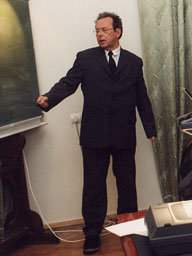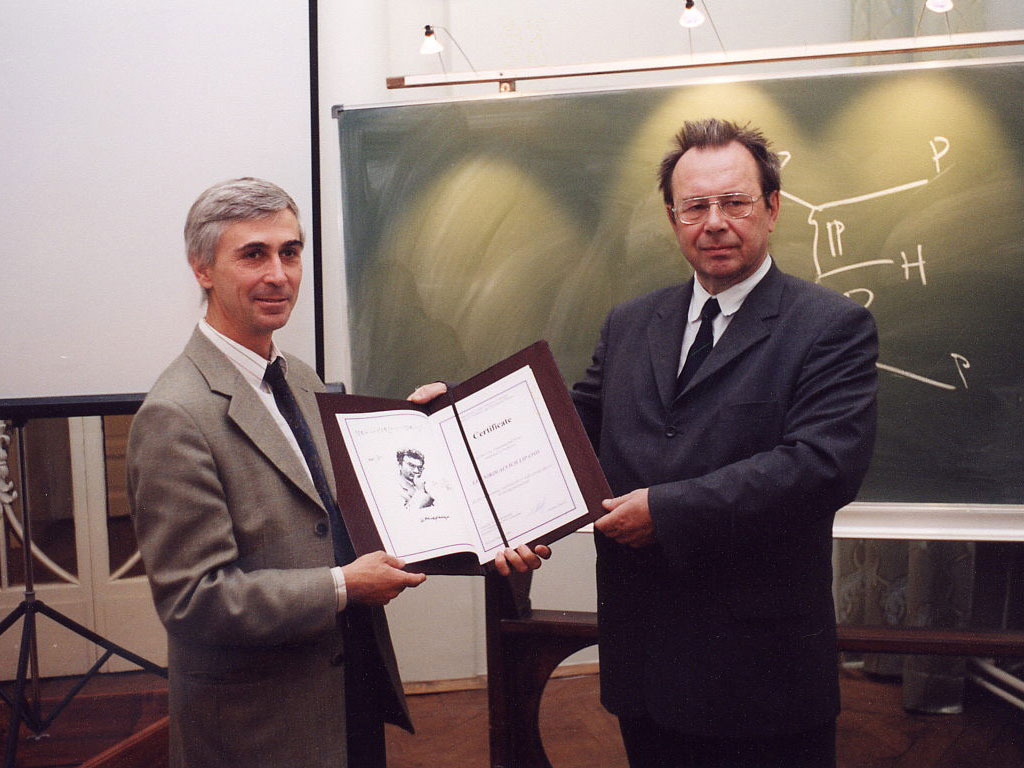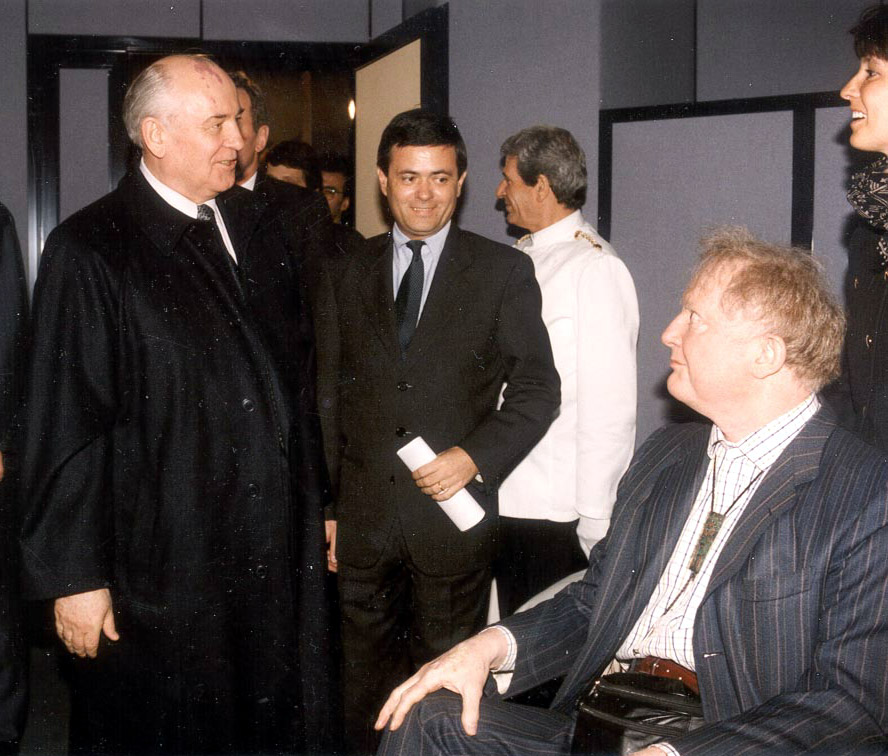2001 - Л.Н. Липатов и T.Regge
Pomeranchuk Prize Winners 2001
According to the decision of the International Pomeranchuk Prize Committee the Pomeranchuk Prize for 2001 is awarded to L.N.Lipatov (PNPI, S.-Petersburg) and to T.Regge (Politecnico Torino, Italy).
The Prize is awarded to L.N.Lipatov for his outstanding contributions to theoretical physics and especially to high energy physics. Professor Lev Nikolaevich Lipatov is a the Head of Theory Department at S.-Petersburg's Nuclear Physical Institute in Gatchina. He is a member of Russian Academy of Science. For the long period he worked with Professor V.N.Gribov. The past two decades Lev Lipatov has been an undisputed leader of Russian and International High Energy Theory. The famous Lipatov's papers written in 1972 in collaboration with V.N.Gribov laid the basis of a field-theory description of deep inelastic scattering and $e^+e^-$-annihilation (Gribov-Lipatov evolution equations). His seminal papers in 1977 of the Pomeranchuk singularity in Quantum Chromodynamics (more than 2000 citations) open the way to quantitative understanding of strong interactions at high energies. He contributed also in the study of critical phenomena (semiclassical Lipatov's approximation), the theory of tunnelling and renormalon contribution to effective couplings.
The Prize is awarded to Tullio Regge for his outstanding contributions to particle physics and to classical and quantum gravity. In 1959-1960 Tullio Regge managed to show in the framework of potential scattering that the extension of partial wave decomposition of scattering amplitude to complex scattering momentum is possible and yields to simple analytical structure. These results were soon extended by Gribov, Chew and Frautschi to relativistic quantum field theory. Pomeranchuk suggested Regge pole with vacuum quantum numbers called later on Pomeron. Since those times the words "Regge trajectories" sounds like folklore in high energy physics. Regge also suggested and developed an original and extremely fruitful approach to general relativity. It consists in going from the continuous space-time to the collection of polyhedra when the curvature is concentrated of 2-dimensional subspace. The Regge calculus in gravity led to an unexpected and fruitful connection with the theory of angular momentum. Regge approach is also closely related to loop quantum gravity. Together with V.De Alfaro he wrote the well famous monograph "Potential Scattering", which served for many years for graduate education of physicists in the world.









